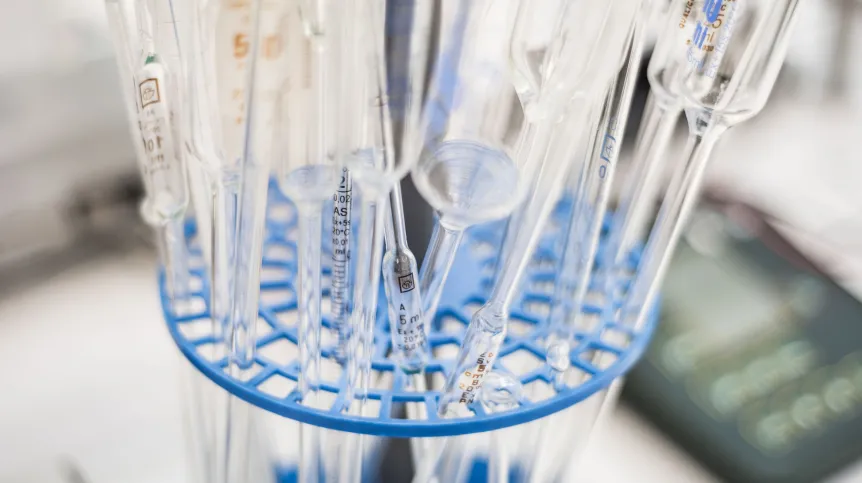
A team of researchers led by Dr. Magdalena Winiarska from the Institute of Experimental and Clinical Medicine of the Polish Academy of Sciences has shown that ammonia accumulating in solid tumours suppresses the body’s immune response, aiding cancer growth and reducing the effectiveness of immunotherapy.
The findings, published in the journal Cancer Research, could help pave the way for improved cancer treatments.
Ammonia (NH₃), a byproduct of amino acid metabolism, is typically neutralized in the body by the liver and kidneys. But in solid tumours—especially those with poor vascularisation—the compound accumulates to toxic levels, the researchers report.
“We have shown that ammonia reduces the amount of perforin in cytotoxic cells—a protein responsible for the destruction of cancer cells by the immune system,” Dr. Winiarska told the Polish Press Agency.
Perforin, produced by T cells and natural killer (NK) cells, plays a crucial role in immune defence. It perforates the membranes of cancer cells, allowing other enzymes to trigger cell death.
The new study demonstrates that ammonia interferes with this process, impairing the ability of immune cells to kill tumours effectively.
The team found that ammonia reduces the cytotoxic potential of both natural immune responses and immunotherapies, including advanced treatments such as CAR-T and CAR-NK cell therapies—in which a patient’s immune cells are genetically engineered to target cancer.
“Ammonia is just one of many puzzle pieces that make up the full picture of the mechanisms enabling the development of cancer cells. However, thanks to basic research, we are learning more and more about the complex picture of the functioning of the human body in health and disease. And thanks to this—we can treat patients more effectively. Without basic research, there will be no new therapies,” Dr. Winiarska said.
The researchers suggest that one way to counteract ammonia’s harmful effect could be genetically modifying immune cells to break down ammonia, restoring their full cytotoxic activity. Another strategy could involve supporting the function of perforin, even in an ammonia-rich environment.
The study was conducted with support from a European Research Council (ERC) grant.
Ludwika Tomala (PAP)
lt/ agt/ zan/













